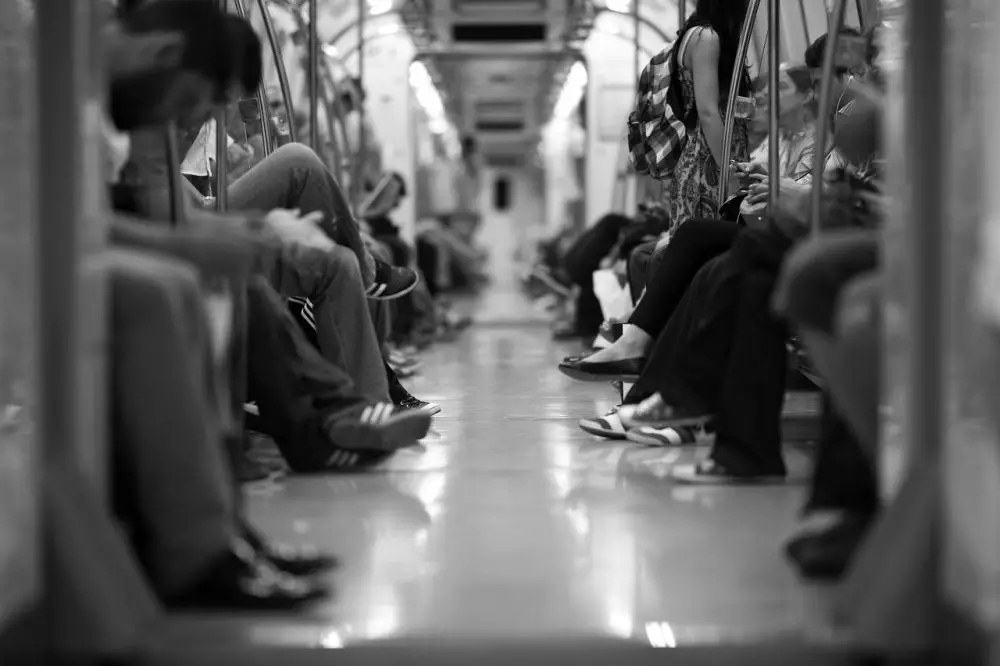foto: pixabay.com/652234 ; NoName_13
Brilio.net - Accidents on railroad tracks often occur, especially in unguarded areas or near residential areas. Recently, a tragic incident occurred again in Karawang Regency, where four residents were killed by a train. Although the train had given warnings with repeated horns, the victims did not have time to avoid it.
This kind of incident raises the question, why can't trains stop suddenly when they see people on the tracks? In fact, trains do have physical and technical limitations that make it difficult for them to stop quickly. To understand better, let's discuss the main reasons behind the difficulty of trains stopping suddenly.
The train's enormous weight and speed are among the main causes. In addition, there is also the braking system factor that takes time to work optimally.
Here, brilio.net has collected from various sources, Tuesday (24/9), five reasons why trains cannot stop suddenly, even though it looks like an emergency.
1. Very large inertia.

photo: pixabay.com/Engin_Akyurt
Inertia is the tendency of an object to maintain its motion, and this applies to trains. Trains have a very large mass, especially when carrying many cars and loads.
The greater the mass, the harder it is to stop its movement. When a train is moving, the force required to stop it will be very large. This is why trains need a long distance before they can stop completely.
According to the Ministry of Transportation, trains can take up to 1.5 kilometers to come to a complete stop after the brakes are applied, depending on the speed and track conditions. So, even if the driver sees danger ahead, they cannot immediately stop the train.
2. Long braking distance.Trains move at high speeds, especially if they cross intercity lines. The train's braking system is designed to work gradually, because braking too quickly can cause the train to derail or even roll over. This long braking distance means that the train requires more space than a regular vehicle.
A study by The Federal Railroad Administration (FRA) in the United States shows that passenger trains can take about 1 kilometer to stop, while freight trains can take even longer. This proves that trains cannot stop immediately once the brakes are pulled.
3. Gradual braking system.

photo: pixabay.com/Tama66
Trains use an air or pneumatic brake system that takes time to apply pressure to all the cars. This system cannot work as quickly as the brakes on private vehicles such as cars. Therefore, even if the driver pulls the brake, it takes several seconds for the entire car to start slowing down.
This gradual braking system helps prevent wheels from slipping on the tracks, especially if the tracks are wet or slippery. The International Union of Railways (UIC) states that trains are designed to brake gradually to maintain stability and safety.
4. Rail conditions with minimal friction.Train tracks are designed to have little friction to make trains run more efficiently. However, this lack of friction is also one of the reasons why trains have difficulty stopping suddenly. The iron wheels running on steel tracks produce very little resistance, so the train can continue to run even after it has started braking.
In certain conditions, such as when it rains or when the tracks are slippery, friction becomes even less. This makes braking even more difficult. In such conditions, the risk of wheel slippage can increase if braking too quickly.
5. Passenger safety.

photo: freepik.com/NoName_13
Sudden braking is not only dangerous for the train itself, but also for the passengers inside. If the train stops suddenly, the large inertial force can cause passengers to be thrown from their seats or even suffer serious injuries. Therefore, braking on the train must be done slowly to ensure the safety of everyone inside.
The UK National Rail Agency reported that sudden braking accidents have the potential to cause more casualties on the train. This is why drivers always apply gradual braking to avoid the risk of a greater accident.
(brl/lea)